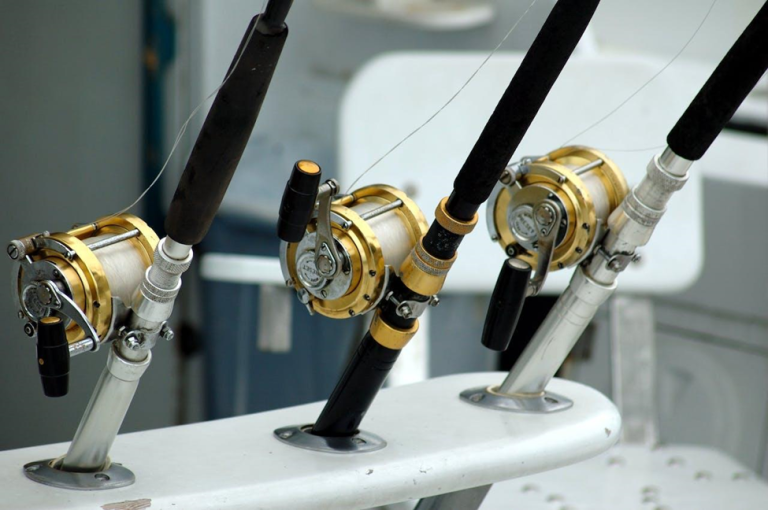The fishing industry presents a vast ocean of opportunities for passionate entrepreneurs. The allure of setting sail on entrepreneurial waters, coupled with the steady global demand for seafood, makes starting a fishing business an appealing venture.
In this post, we will cast a wide net over the foundational steps required to establish a successful fishing enterprise.
Knowledge and Expertise
Before you can tackle the practicalities of launching your business, you must cultivate a deep understanding of fishing.
This expertise isn’t merely about the act of catching fish; it encompasses a spectrum of knowledge including local and international fishing regulations, sustainable practices, species behaviors, and seasonal trends.
A good fisherman knows that each species requires a specific approach. Techniques vary significantly – you might need to master the gentle art of fly fishing or the endurance of deep-sea trawling.
Business Plan
A solid business plan is the lifeline of any new venture. For a fishing business, this document should outline your mission, identify your target market, and examine local competition. It also needs to detail financial projections, such as start-up costs, operating expenses, and potential revenue streams.
Estimating the financial requirements can be tricky, but it’s essential for securing funding or investment. Your business plan should include costings for gear, boat maintenance, licenses, and staffing.
It should also forecast potential profits and build in contingency plans for unexpected downturns due to bad weather or shifts in industry demand.
Licenses and Permits
Before launching your business, you need to obtain the proper licenses and permits. Requirements vary, so check with local and national agencies to ensure you’re legally set to go fishing for commercial purposes.
Fishing licences are generally mandatory and, depending on where you plan to operate, may include specific permits for certain types of fish or fishing methods.
Beyond fishing-specific permits, you’ll need to adhere to broader business license requirements, which may involve registering your business, paying appropriate taxes, and meeting health and safety standards.
Equipment and Gear
Quality fishing gear is at the heart of the operation. The exact equipment will depend on your chosen fishing method and scale. Whether you’re opting for a small boat or a larger trawler, ensure it’s sea-worthy, meets all safety standards, and suits your fishing needs.
From rods and reels to mesh cast net and traps, the tools of the trade must be durable and fit for purpose. Investing in high-quality gear can improve efficiency and yield better catches.
Location and Resources
Your fishing business location will impact accessibility to fish stocks, proximity to markets, and overall operational costs. Whether you’re fishing in freshwater lakes or the open seas, identify fertile fishing grounds that are sustainably managed and align with your business goals.
Accessible ports, processing facilities, and transportation links are essential for getting your catch to market quickly and efficiently.
Marketing and Promotion
Establish a website and engage with customers through social media platforms. Sharing your fishing adventures can captivate an audience and create a loyal customer base.
Foster relationships with local restaurants, markets, and communities. Regularly attending trade shows and markets can boost visibility and establish your brand.
Consider more traditional advertising as well, such as local newspapers or radio. And don’t underestimate the power of word-of-mouth; satisfied customers can be your best advocates.
As a start, you might want to invest in a reliable printer for marketing materials, particularly if you’re operating near hubs like Greenville, SC. Look for printers for sale greenville, sc that can handle brochures, flyers, and business cards to support your sales efforts.
